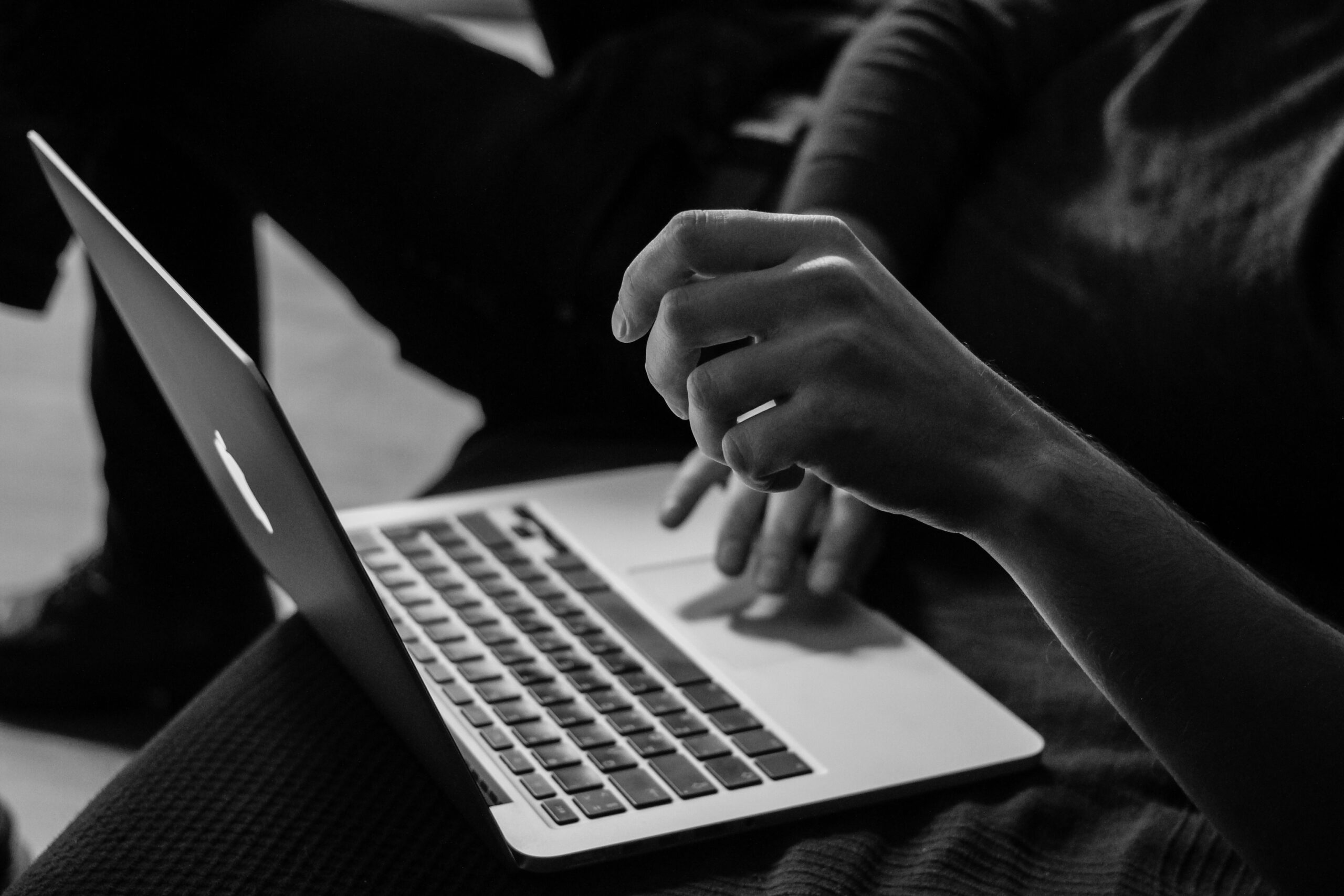

Playing sport to a world-class level is always impressive. If you look at Ireland’s GAA, you’ll see some incredible skill and dexterity. Even if you’ve never heard of the GAA’s sports, you’ll be in awe of the men and women who play them.
Ireland’s GAA and its diehard following easily rivals that of non-traditionally Irish sports in the country, such as rugby, cricket or Premier League soccer. And it’s followed way more closely than the likes of the NFL or the NBA. Even massive games featuring big names like the Lakers barely get talked about.
I suppose it makes sense that Ireland is interested in Irish sports. But there are so many incredibly fascinating things about Ireland’s GAA that makes it about so much more than sports.
By the time you’re finished reading this article, you won’t have any more questions about what makes Ireland’s GAA just so great.
Yes, Ireland’s GAA is an amatuer association. That means that none of the star players get paid for their training or games. So on top of a gruelling training regime and lots of club and county commitment, they have regular jobs. Many of them are teachers, physiotherapists, recruiters and lots of other normal jobs.
GAA stands for Gaelic Athletic Association.
Ireland’s GAA promotes five sports:
Hurling and Gaelic football are the most popular GAA sports by a country mile, followed by camogie. However, there’s been increasing interest in the other two in recent years, especially handball.
The GAA is hugely popular both in Ireland and has a strong following around the world too. Some 511,500 people are members of the GAA, across 2,200 clubs on the island of Ireland and 400 clubs worldwide.
Worldwide clubs crop up everywhere Irish people are, from Britain to China to Europe to the United States.
Even if you’re not based in Ireland, it’s possible to find places to bet on GAA matches.
One online sportsbook with great markets and odds on Ireland’s GAA is bet365. Plus, you can use this bet365 bonus code to get a brilliant welcome offer.
Now this question is somewhat difficult to answer. And depending on which Irish person you ask, you could get very different responses.
When the GAA was first formed, in 1884, preserving the Irish culture was radical in itself.
At the time, Ireland was part of the British Empire and the Irish were encouraged to drop their indigenous traditions and language.
The GAA was formed to preserve Irish identity by protecting and formalising Irish pastimes. Mainly sports, but it also works with Irish dance and the Irish language.
Many members of the GAA also believed in an Ireland free from British rule. Some of them believed in the armed struggle against the British. This led the British authorities to be distrustful of the GAA.
There were many instances of spies trying to join to gain intelligence on republican activities in the late 1800s and early 1900s. And the GAA responded to this by banning British forces from becoming members.
Dublin’s Croke Park witnessed indiscriminate bloodshed during what came to be known as Bloody Sunday in 1920 (and there's a fantastic book all about it, if you want to learn more). British forces opened fire during a match in retaliation for a series of killings carried out earlier in the day by nationalists. However, the outsized response on innocent civilians made the general public even more weary of British rule in Ireland.
And it's not like this association lives 100 years in the past either. For example, in Northern Ireland, GAA stadiums were a common target of loyalist paramilitaries up until the 1990s.
So despite playing a huge part in politics for the majority of its existence, Ireland’s GAA today is not really a political organisation.
Open Account Offer: Bet £10 Get £30 in Free Bets
Min Deposit: £5 – Expiry: 30 days – Min Odds: 1/5 (1.20)
← CLICK TO COPY
Always gamble responsibly. Visit Be Gamble Aware for guidance on how to do so. You must be of legal gambling age in your jurisdiction to place any sports bets. In the UK and Ireland, the minimum legal age for gambling is 18 years old.
#AD Bonus Referrer Code is an affiliate of the brands we promote throughout this site. While we strive to maintain accuracy throughout our content, we do receive compensation for this promotion.
© 2025 BonusReferrerCode.com – All Rights Reserved
Worried about your gambling? When the fun stops – STOP!